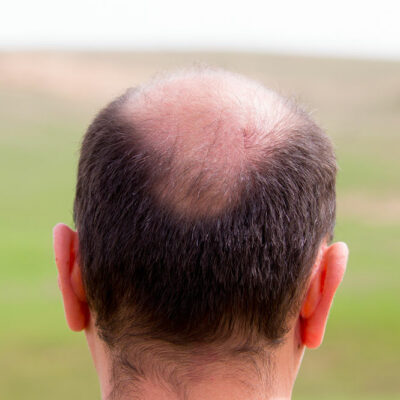
Health Conditions
5 Risk Prevention Tips for Small Cell Lung Cancer
According to the Lung Cancer Association, roughly 541,000 Americans are currently living with a lung cancer diagnosis. Rates of fast-growing and aggressive small cell lung cancers (SCLC) are also on the rise. While studies show that small cell lung cancer (SCLC) patients treated with Zepzelca (lurbinectedin) had a response rate of 35.2% and a disease control rate of 68.6%, prevention is still the best first line defense against cancer development. Here are 5 prevention tips for small cell lung cancer: 1) Don’t smoke and avoid secondhand smoke Research from the Mayo Clinic indicates that smoking and exposure to secondhand smoke significantly increases the risk of several types of cancer—including small cell lung cancer, kidney cancer, mouth cancer, throat and larynx cancer, and pancreatic and bladder cancer. In fact, smoking tobacco and exposure to secondhand smoke is considered the number one contributing factor to the development of both small cell and non-small cell lung cancer, and the driver for over 90 percent of lung cancer deaths in both female and male patients. 2) Test your home for radon According to the U.S. Environmental Protection Agency (EPA), radon is a naturally-occurring radioactive gas that’s been long linked to lung cancer development. While radon gas is considered to be naturally-occurring and safe in our atmosphere in tiny amounts outdoors, indoor exposure over time is considered a major risk for lung cancer.
Read More 















